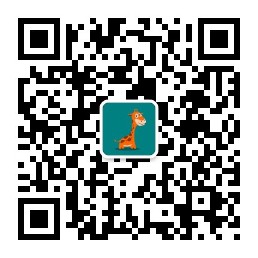第1850期:三岁看大,七岁看老。
这句民谚有好几种说法,也有说“三岁看到老”的,但仔细追究起来,这句话的意思在各地可能并不统一。一般的理解是,一个人小时候表现出来的脾气秉性(temperament)基本上一辈子不会发生太大的变化,长大后的性格(personality)在三四岁时已经能看出来了。
英语中也有类似的说法和理念,有一句英语成语完美这句汉语谚语:Child is the father of man.
这句话出自19世纪初英国大使人华兹华斯(William Wordsworth)的一首小诗:
My Heart Leaps Up
– By William Wordsworth (1802)
*
My heart leaps up when I behold
A rainbow in the sky:
So was it when my life began;
So is it now I am a man;
So be it when I shall grow old,
Or let me die!
The Child is father of the Man;
And I could wish my days to be
Bound each to each by natural piety.
这是华兹华斯最短的一首诗,他在诗中首创了 The child is father of the man 这个说法。
但这句话该怎么理解,历来有不同看法。
- A man is a product of the behavior and manners he developed in his early childhood.
- The behavior of a child determines what he will become when he grows up.
- The basic nature and behavior of a person does not change with age or time.
这三种解读有微妙的区别,你倾向于哪一种?
小结今天的内容
三岁看到老,或“三岁看大,七岁看老”对应英语成语 The child is father of the man. 这句成语也可以说成 Child is the father of man.





